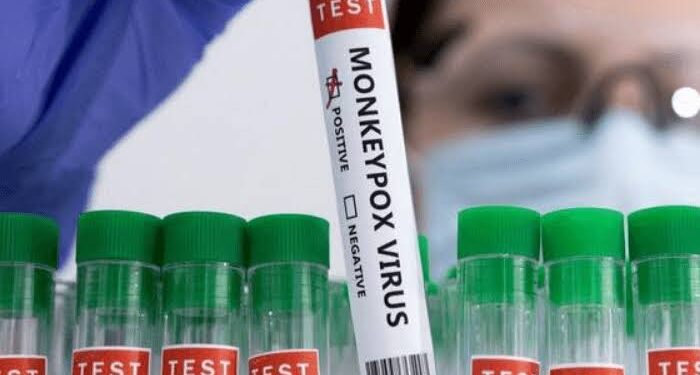Thailand has become the unfortunate host of Asia’s first known case of a new and deadlier strain of mpox, marking a troubling development in the ongoing global health crisis. The patient, a 66-year-old European who arrived from Africa, tested positive for the dangerous Clade 1b strain after landing in Bangkok on August 14.
What They Are saying
In a statement released on Thursday, Thailand’s Department of Disease Control confirmed the case, sending shockwaves through the region. “The lab test result shows mpox Clade 1b in a European patient,” the department announced, noting that the World Health Organization (WHO) has been notified of this alarming development.
This new variant, Clade 1b, is no ordinary strain. It’s more lethal and contagious, with a staggering 3.6% mortality rate, particularly among children. While the virus has been circulating in Africa for decades, this latest mutation has caused a surge in cases across the continent, with the Democratic Republic of Congo, Burundi, Kenya, Rwanda, and Uganda all reporting outbreaks since July.

Why It Matters
The Thai authorities are scrambling to prevent further spread. They’ve already monitored 43 people who were in close contact with the infected patient, though none have shown symptoms yet. However, with a mandatory 21-day monitoring period in place, the situation remains tense.
Thailand has imposed strict measures on travelers from 42 high-risk countries, requiring them to register and undergo testing upon arrival. These precautions underscore the severity of the threat posed by this new strain, which, unlike Covid-19, spreads primarily through close physical contact.
The WHO, recognizing the gravity of the situation, has declared a global public health emergency and is urging vaccine manufacturers to ramp up production. Mpox, while historically overshadowed by other diseases, has now grabbed the world’s attention with this more dangerous variant.
Bottom Line
Thongchai Keeratihattayakorn, head of the Thai Department of Disease Control, attempted to reassure the public, noting that mpox is less likely to spread rapidly compared to Covid-19 due to the nature of its transmission. But with this new strain lurking, it’s clear that the global health community must remain alert.

















